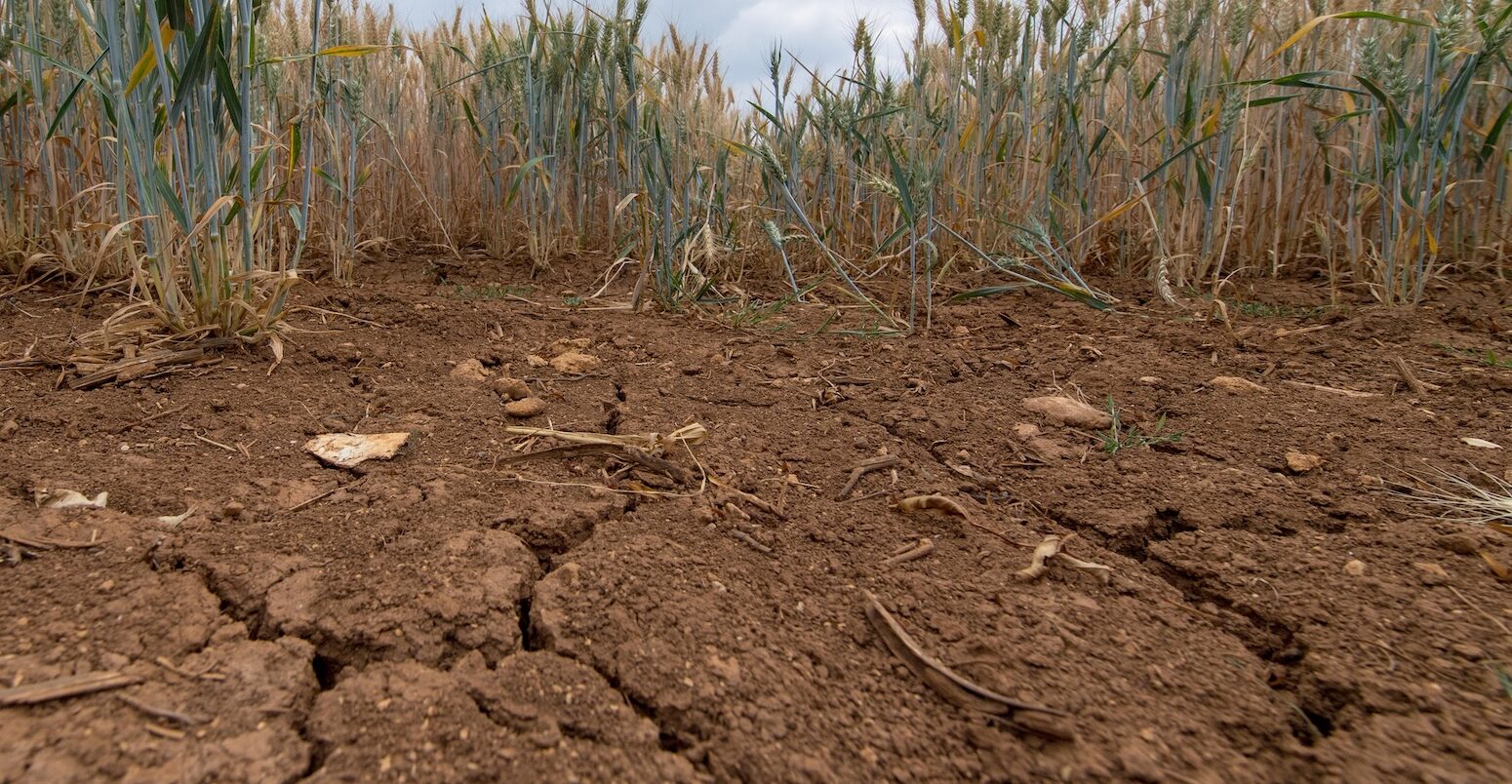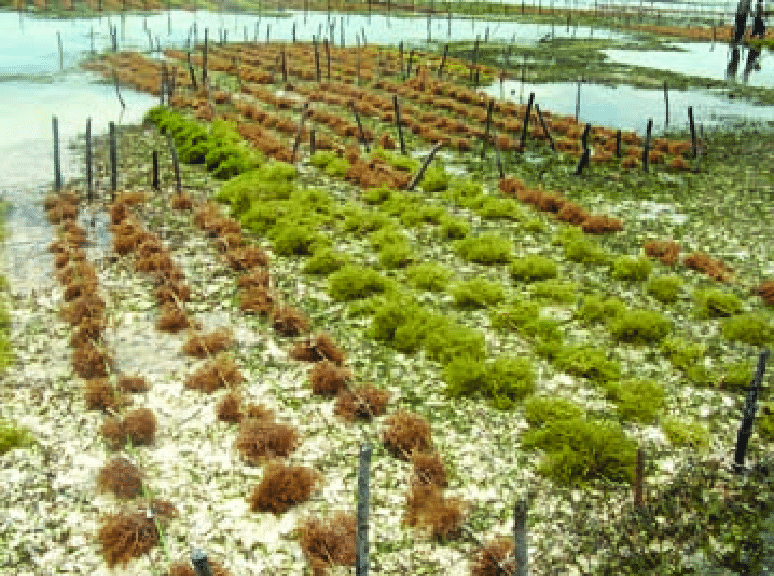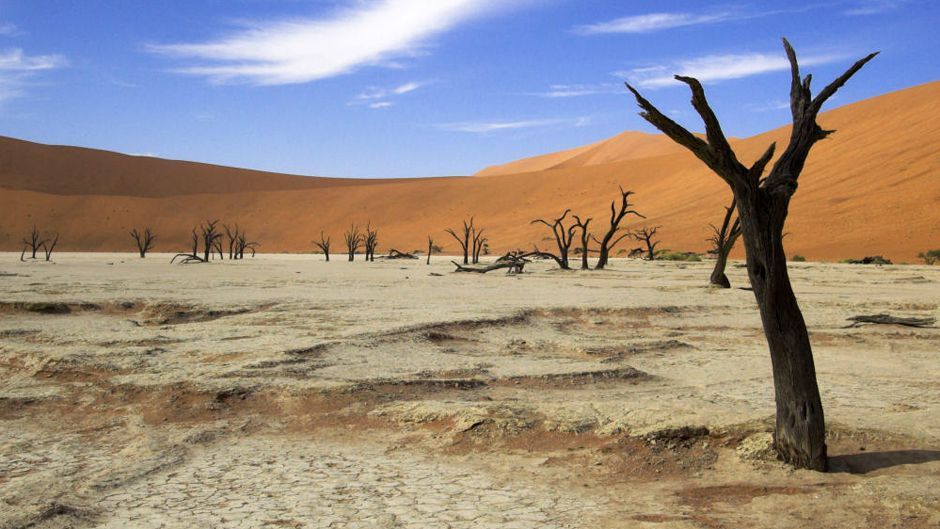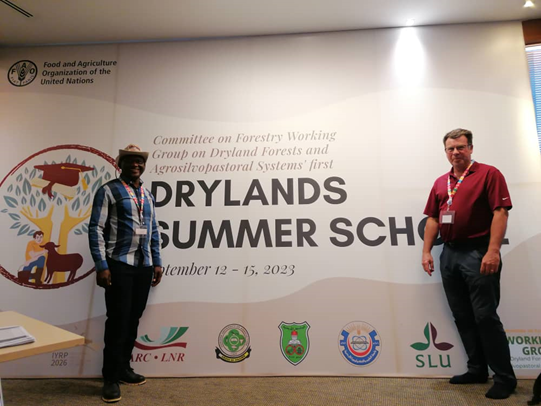
Dr. Ezekiel Mwakalukwa (left) from SUA poses for a photo with Dr. Anders Malmer (right) from SLU during the first day of Summer School held in Kempinski Hotel in Amman Jordan on 12th September 2023
Background
The Department of Ecosystems and Conservation (DEC) of the College of Forestry, Wildlife and Tourism, in the Sokoine University of Agriculture (SUA) participated in the FAO first summer school on dryland forests and agrosilvopastoral systems held in Amman, Jordan from 12th -15th September 2023
Drylands and rangelands play a crucial role in supporting the livelihoods of over 2 million people worldwide. Yet, these regions face mounting challenges, exacerbated by climate change and unsustainable land use practices.
In particular, dryland forests are key in coping with climate variability, especially concerning food security and nutrition for local communities. However, the increasing use of intensive livestock production systems poses a risk of degradation to these vital forest ecosystems, impacting the livelihoods of more than 200 million pastoralists globally.
Addressing the complex issues in drylands requires tailored solutions, acknowledging their diverse nature and unique challenges. A one-size-fits-all approach won’t suffice to ensure their longevity and potential. Therefore, we need dedicated champions who can rally behind the cause and advocate for sustainable practices, supporting the communities that rely on these fragile ecosystems.
To make a real difference, we must move beyond awareness and take practical steps towards implementing effective solutions. This involves investing in research, technology, and education to empower dryland communities. By arming them with knowledge and resources, we can enable these communities to safeguard their environments and secure their future amid the mounting threats they face.
The Food and Agriculture Organization’s (FAO) Working Group on Dryland Forests and Agrosilvopastoral Systems (COFO WG) has partnered with universities and research institutes to hold the first Drylands Summer School (https://www.fao.org/dryland-forestry/working-group/cofo-wg-summer-school/en/) with the aim to train champions on operationalizing the approach to building resilient drylands and providing the required knowledge for dryland planning and work.
Dryland foresters and silvopastoral practitioners, planners, and policymakers came together to improve their current and planned actions in drylands and rangelands and deepen their knowledge on how to create contextual solutions to address the core issues in transforming agrosilvopastoral systems while clearly defining cross-cutting indicators of their progress.
In the first day, participants visited the Royal Botanic Garden (RBG) in Amman to learn among others the local contexts of dryland ecosystems, their challenges, the population involved, and reflect on transformability/transformation observed and the documentation of good practices using WOCAT tools with a focus on the sustainability pillars: environment, social and economic. SLM Technologies (QT): https://www.wocat.net/library/media/15/ and Approaches (QA): https://www.wocat.net/library/media/16/.
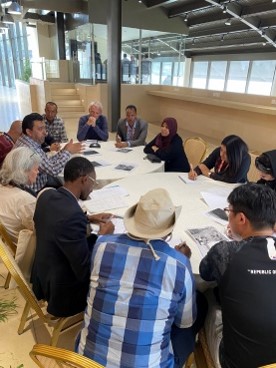
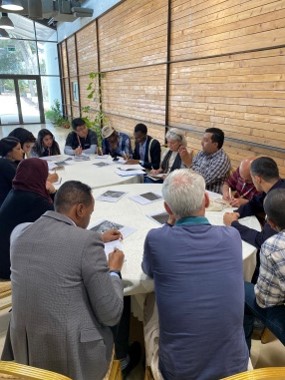
Group discussion with local people
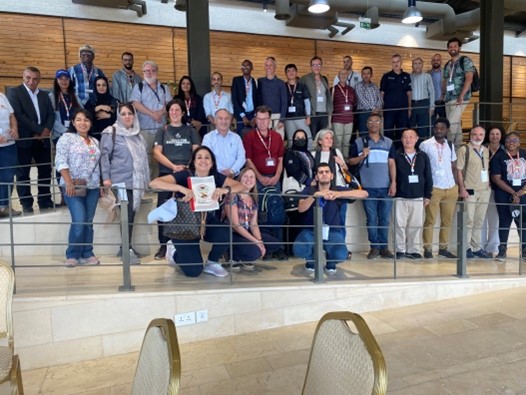
Group photo of participants and facilitators of first Summer school after a tour in the RBG on 12th September 2023
Some common tree species found in the RBG
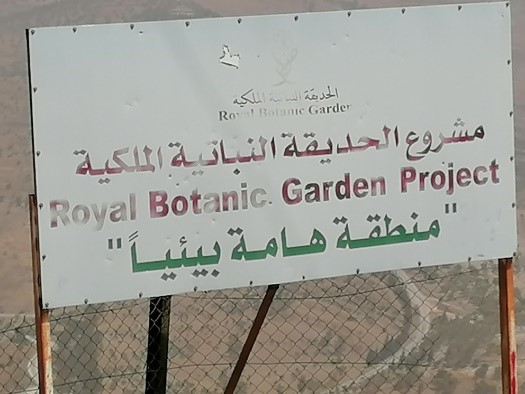
- Pinus halepensis
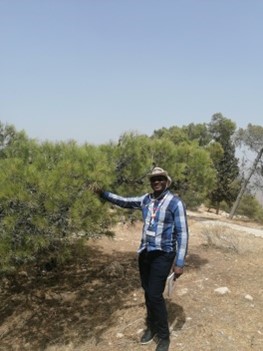
2. Pistacia atlantica
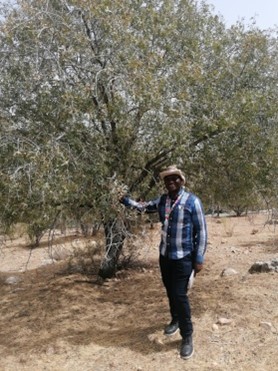
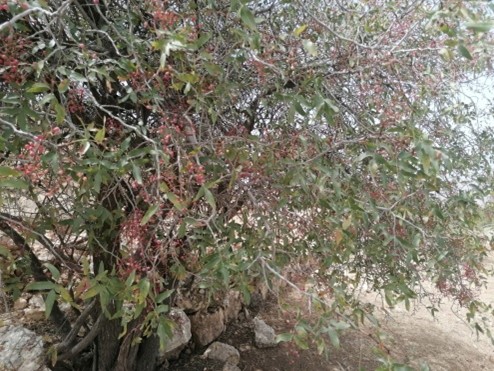
- Cupressus Sempervirens
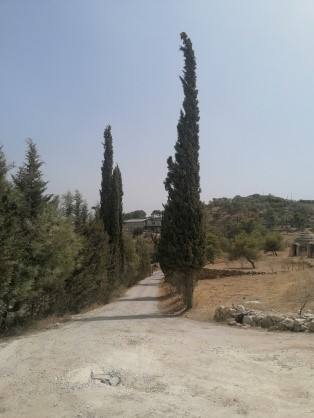
- Ceratonia siliqua
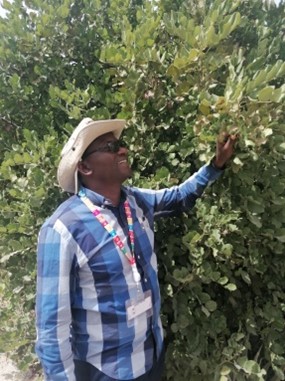
- Olea europaea (olive tree)
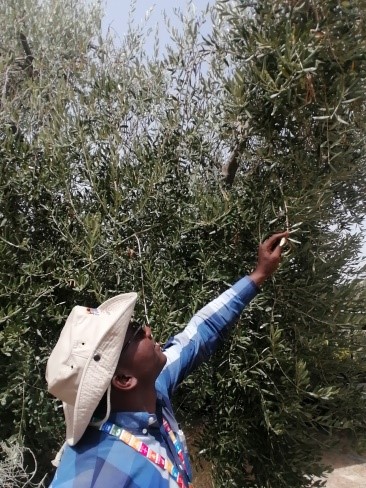
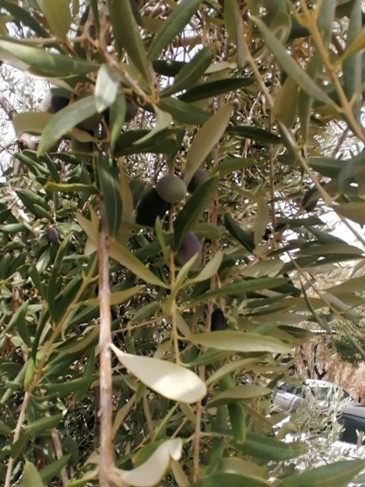
- Quercus ithaburensis – oak
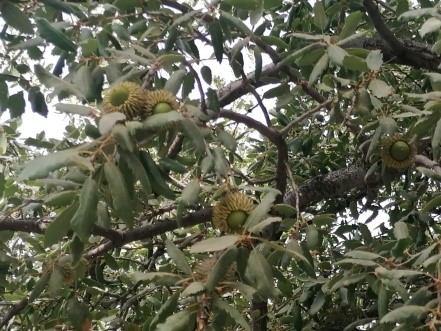
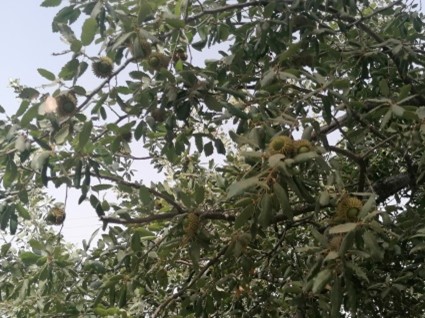
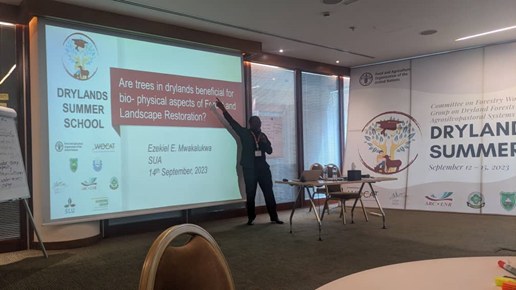
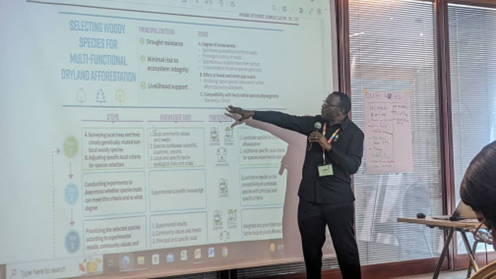
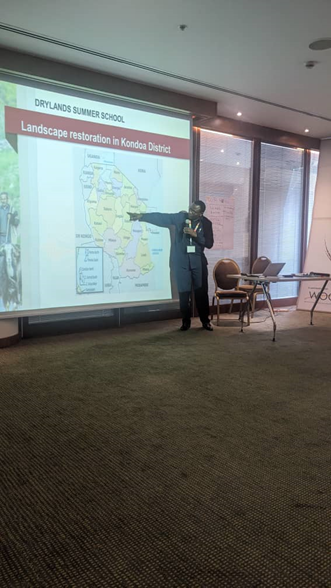
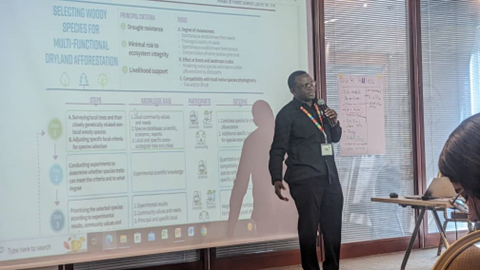
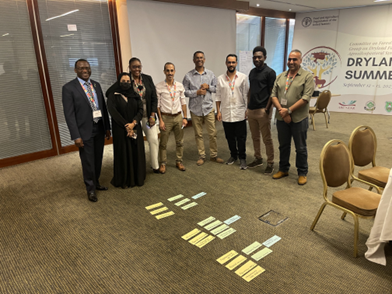
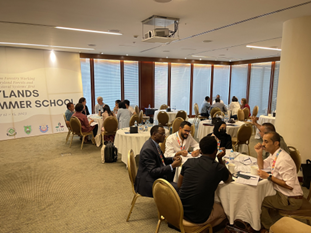
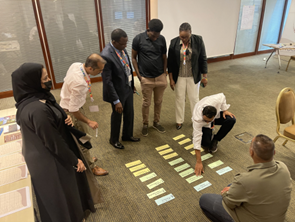
For more information please contact
Dr. Ezekiel E. Mwakalukwa
Department of Ecosystems and Conservation,
College of Forestry, Wildlife and Tourism,
PO Box 3010, Chuo Kikuu, Morogoro, Tanzania
ezedwa@sua.ac.tz
+255 782 665 677


